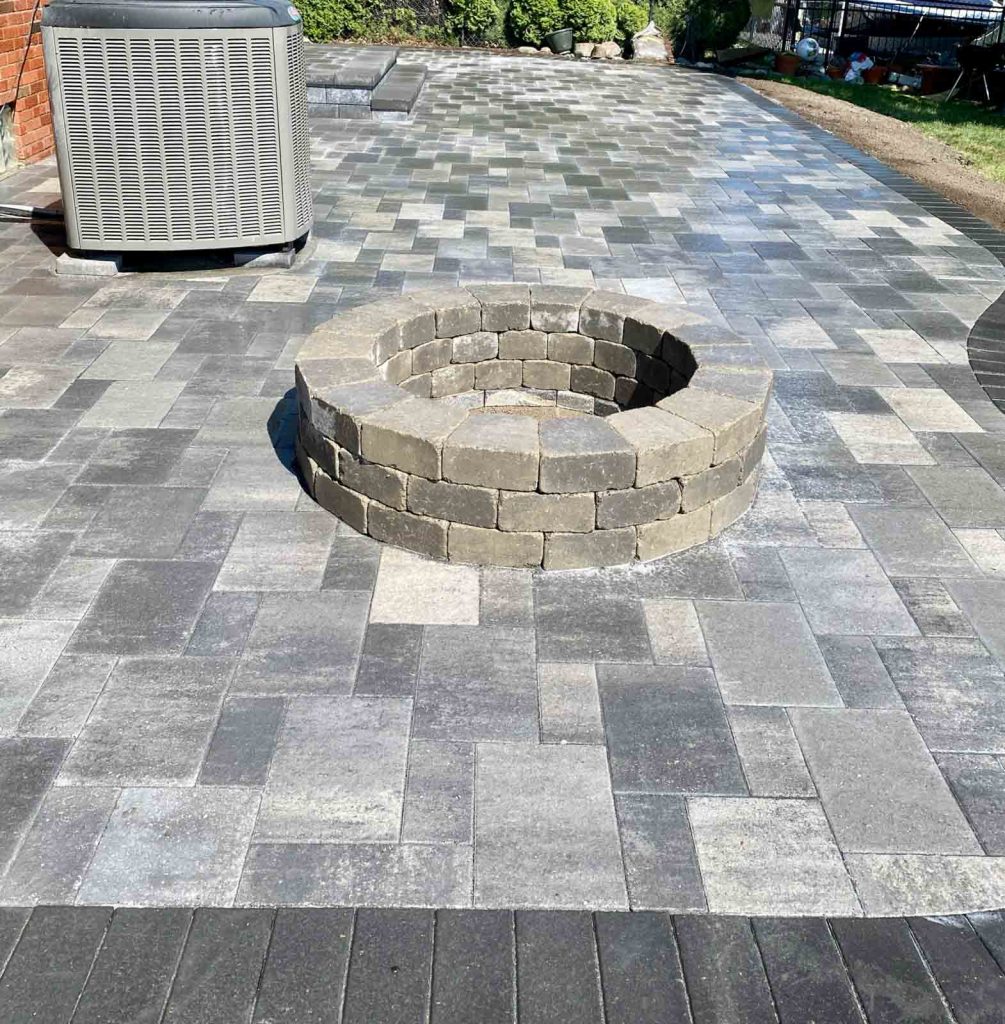Brick pavers look great in any application, from driveways to sidewalks and more. If you have brick pavers, you may consider adding a sealant to preserve them. What are the pros and cons of brick paver sealer? Should you seal your brick pavers? Here are some tips to guide your decision, courtesy of N&M Restoration.
PROS OF SEALING BRICK PAVERS
Brick paver sealant is designed to protect the surface of the pavers from water, UV rays, and other elements. Sealing your pavers can make them more durable, which protects your investment for years to come. Furthermore, many clients like the ‘wet’ look that comes with certain sealants. If you want your pavers to look glossy, you can choose a sealer that achieves that effect. If you want to maintain the natural sheen of the stone, you can opt for a matte or satin finish.
You can have each paver dipped in sealant during installation, or you can have sealant applied to the entire area, including the joints. If you apply the sealant to the joints, that will protect the sand from washing away. On the flip side, the sealant will block water from going into the joints. Your brick paver installers can evaluate the drainage for the area to determine if that will be a problem.
Paver sealer is particularly beneficial in Michigan because of the snow and ice accumulated in the winter. This can harm bricks over time, as can the shift from cold to warm weather. Think of the sealant as a thin tarp laying across your paved area. The snow and ice will remain above the tarp, keeping the pavers in tip-top shape.
CONS OF SEALING BRICK PAVERS
While there are plenty of benefits to sealing brick pavers, there are some drawbacks to consider. Sealing requires repeat applications. Over time, the coating on the pavers will wear away, either from foot traffic or from exposure to the elements. You will need to have your pavers sealed once every few years, similar to fence and deck staining.
Many brick pavers come pre-sealed, so adding an extra layer of brick paver sealer isn’t necessary. When you choose the brick pavers you want for your property, we will let you know if they are already sealed. We never want you to pay for a service you do not need.
If you have pervious brick pavers, sealing them would defeat the purpose. Permeable brick pavers do not absorb water. The water goes around the bricks and drains into the joints around them. Pervious brick pavers absorb water, draining into the ground below. These pavers are common in commercial applications, where the pavers cover a large surface area. Sealing permeable pavers will not harm their integrity, but sealing pervious pavers will prevent them from absorbing water.
Should You Seal Your Brick Pavers?
Paver sealer is ideal for many situations, but it is not right for everyone. The professional brick pavers at N&M Restoration can help you determine which option is right for you. We will gladly provide a quote for brick paver installation, brick paver repair, brick paver sealing, or any other brick paver services you need. We offer brick paving services in Metro Detroit MI and surrounding areas. Contact us at (248) 924-9798 to learn more about brick paving near you.

